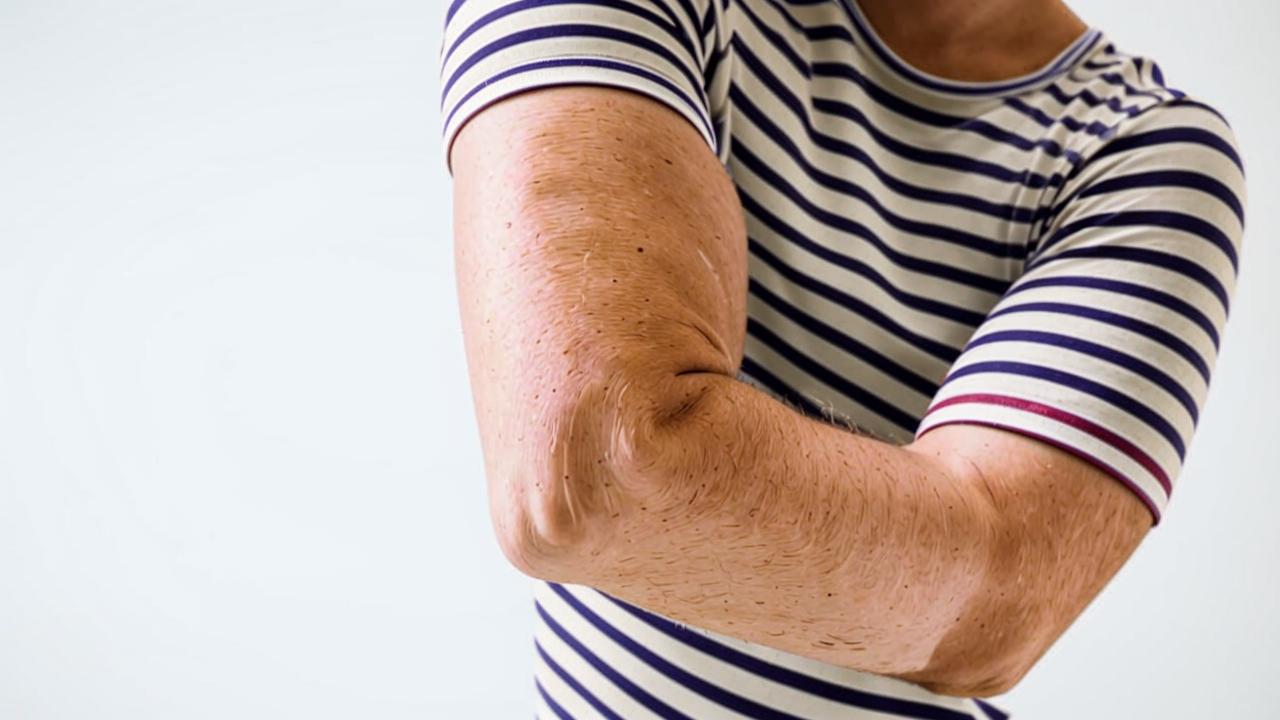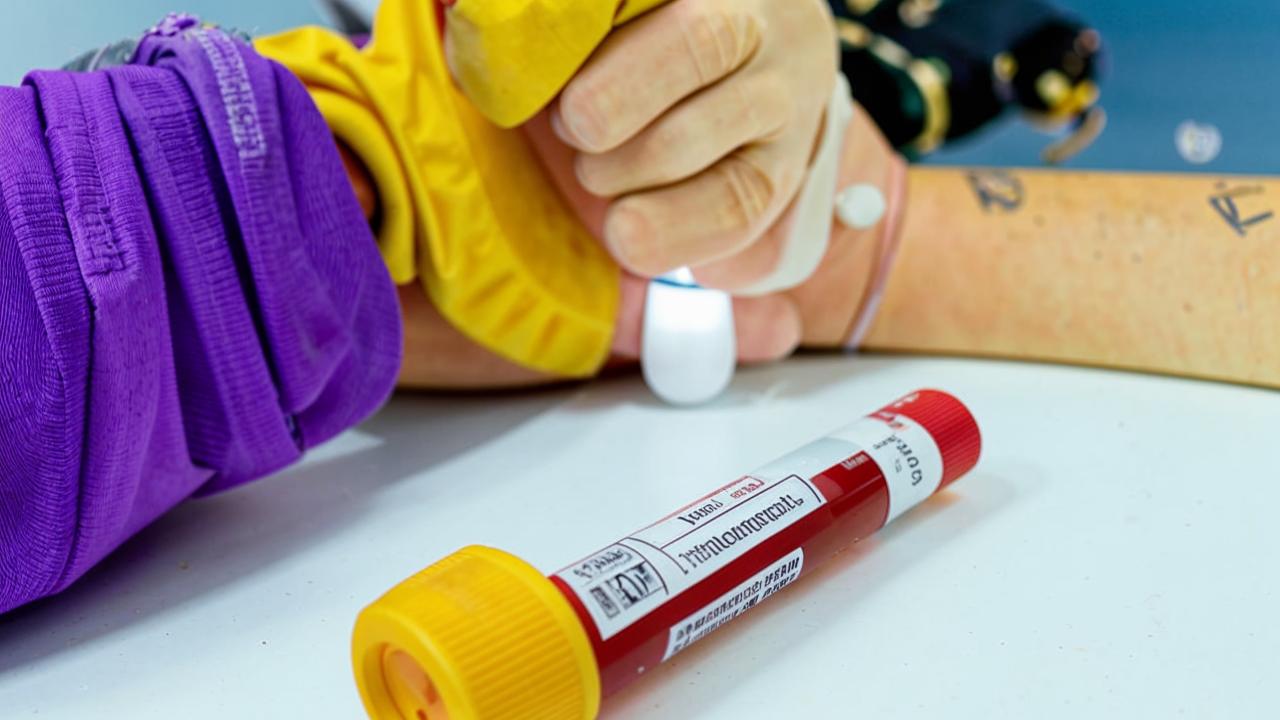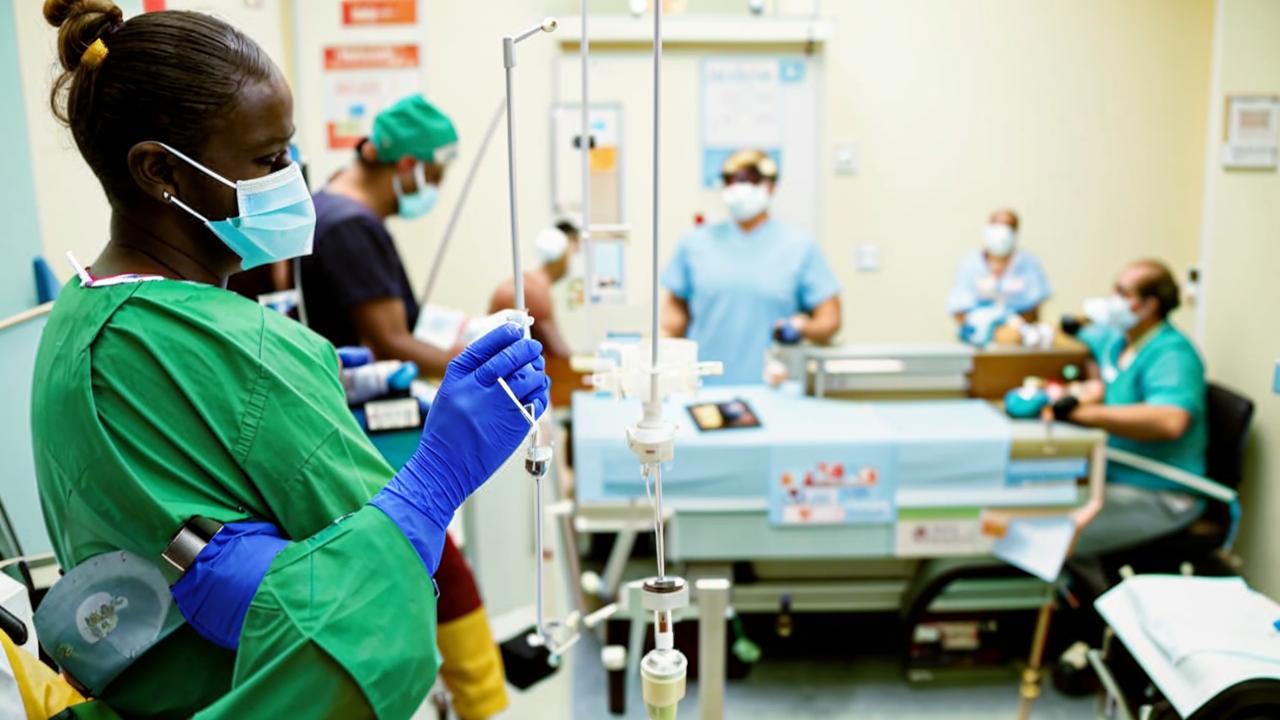A person can be a carrier of parasites without even knowing it. These organisms live and feed at the expense of their host, causing significant damage to his health.
What parasites can infect a person?

doctor-epidemiologist of the Federal network of clinics of expert oncology “Euroonco”
“Parasitic infections, or parasitoses are diseases that are caused by unicellular microorganisms (so-called protozoa), helminths (worms) or arthropods (scabies mites and lice).”
According to the World Health Organization (WHO), parasitic infections affect about 4.5 billion people in the world, that is, more than half of the world’s population. Of course, countries with hot climates, regions with poor hygiene and a shortage of drinking water contribute to these sad statistics.
Russia has a moderate climate, and the problem of parasitic infections is not so acute. Here the most common are about 18-20 parasitoses, the diseases run relatively easily and have favorable treatment prognoses.
Depending on the phase of the disease, parasitoses are divided into acute and chronic, and by localization – into intestinal and extraintestinal, in which parasites live and multiply not only in the intestine, but also in various tissues and organs, such as lungs, muscles, liver, kidneys.

The main groups of parasites are:
1. Protozoa. In Russia, the most common diseases caused by protozoan microorganisms are:
- Giardia – these parasites cause giardiasis, a disease that affects the intestines and can lead to chronic digestive disorders;
- amoebas – these parasites cause amoebiasis, an infection that can lead to serious illness.
Parasites are able to travel through the bloodstream to the liver, lungs, brain and can lead to liver abscess, respiratory disorders, that is, cause a fairly serious disease.
2. Helminths. These are parasitic worms that often live in the digestive tract, but can affect other organs. Helminths are divided into three main groups:
- roundworms (nematodes) – worms such as ascarids and pinworms usually affect the intestines, causing digestive disorders and other symptoms;
- tapeworms (cestodes) – parasites, such as the bull chain and porcine chain, can reach significant size and live in the human intestines, causing anemia and other health problems;
- flatworms – parasites, such as those that cause opistorchiasis, can affect the liver, pancreas, and gallbladder.
3- Ectoparasites. These are parasites that live on the surface of the host’s body. Not only do they feed on his blood, but they can also carry other infections.

A common disease caused by microscopic mites is scabies. It can be contracted through contact with an infected person.
The parasites penetrate the skin where they can move around and lay eggs, causing itching and rashes. Scabies can cause serious complications due to the development of secondary infection.
Another fairly common disease is pediculosis. It is caused by head louse, which is transmitted from person to person. This parasite feeds on the blood of the host and can lead to the development of eczema and conjunctivitis, which can also be complicated by secondary infections.
Moreover, lice are carriers of deadly diseases such as typhus.
How do parasites enter the body?
There is an opinion that parasites live in people who do not look after themselves and lead an antisocial lifestyle. However, in reality, anyone can be infected.
These uninvited guests get into the body most often with food, water, through dirty hands and insect bites. Those parasites that live on the skin or in tissues, penetrate through the skin.
Neglect of personal hygiene is a common cause of parasitic infections: if a person does not wash his hands before eating, after the toilet, taking dirty hands unwashed vegetables or wiping fruits with a napkin without rinsing them with water.

Most often parasites get into the body from unwashed fruits that have grown in the ground. Also dangerous are poorly washed vegetables, berries, fruits, garden greens. Therefore, do not neglect hygienic procedures with regard to products, even grown independently.
In addition, you can get infected with parasites in dubious cafes and restaurants, where sanitary norms are not observed or the rules of cooking meat, fish and seafood are violated. The fact is that inside such food there may be parasite larvae that can survive with insufficient heat treatment.
If there are cockroaches in the kitchen, they can carry parasites on their feet.
The next risk of infection is the lack of cleanliness in the house: walking in outdoor shoes, infrequent cleaning, the presence of animals in the house, which walk on the street and can collect parasite eggs with dust and soil.
They can get into the body through close contact with animals, especially street animals, which do not undergo proper antihelminthic treatment. Worm eggs are not only in the intestines and feces of cats and dogs, but also on their hair, so you can not kiss with animals, take them to bed, and after communicating with them you must necessarily wash your hands, even if the pets are domestic.

Dangerous in terms of infection can be swimming pools, especially where there is standing or fresh water. Diving and swallowing water in such areas is not recommended. Also do not drink water from wells, especially in residential areas.
Another way to get parasites into the body – this is a passion for Japanese cuisine, where dishes are added to fish that is not heat-treated. If the rules of sanitation are not observed, such products can also be infected with helminths.
Signs of parasites in the body
In most cases, parasitoses, especially those that are common in Russia, are practically asymptomatic or manifest signs characteristic of intestinal infections or poisoning. As a rule, parasites are found accidentally during preventive examinations or diagnosis of other diseases.
A person infected with parasites may show the following symptoms:
- general malaise;
- loss of appetite;
- abdominal pain;
- weight loss;
- bouts of nausea and vomiting;
- weakness;
- rash and other allergic reactions;
- increased body temperature;
- iron deficiency anemia;
- minor nervous system disorders, such as excitability or sleep problems.

In the presence of external parasitoses – scabies mites and lice – there is skin itching, which increases at night. Irritations, redness, blisters and pustules appear on the skin. Often there is an allergy and fever.
Symptoms in parasitic infections can increase or decrease, and this makes diagnosis difficult.
Harm that parasites can cause to health
Most often parasitic infections – in 70-90% of cases – are children and adolescents. This is due to the fact that such groups of people, as a rule, are not as careful as adults, observe the rules of personal hygiene and actively study the world around them.
Children are usually diagnosed with polyinvasions, when a child is infected with two or three types of parasites at once. Parasitic infections cause significant damage to the child’s body.
In particular, the defense functions deteriorate, the child does not feel well, he often changes his mood, reduces academic performance. Therefore, for children to prevent parasitosis, it is recommended to regularly take tests for the most common infections.
In adults, in the presence of parasites, neurological symptoms are often manifested, which are caused by poisoning with the products of worms. Among them are insomnia, irritability, fatigue, bruxism (spasm of chewing muscles), grinding teeth in sleep.

Parasites weaken the body, undermine immunity, cause allergies. The presence of helminths (pinworm, vlasoglav and echinococcus) can cause symptoms of bronchial asthma.
Worm infestations often masquerade as other diseases.
Cure a patient with a neglected form of helminthiasis is not always possible. Therefore, hope for a miracle is not necessary: in the appearance of any uncharacteristic symptoms should be analyzed for worm eggs, endoscopy of the intestine and stomach.
Diseases caused by parasitization of protozoa are difficult to manifest. As a rule, the infection proceeds covertly, it destroys the body until the patient does not detect serious changes in the organs.
Methods of laboratory diagnosis of parasites in the body
Diagnosis of parasitic infections involves clinical evaluation, laboratory tests, and sometimes imaging studies.
Most parasitic infections are well diagnosed with tests, but it is not possible to identify and treat these diseases on your own. If there is a parasitologist in the clinic, he or she is the one who treats the various infestations. If there is no such specialist, then you can turn to a therapist.

There are different methods of laboratory diagnosis, depending on the type of pathogen and its localization. The most common is a microscopic examination of fecal samples, which allows you to identify various intestinal parasites, including helminths and protozoa.
In addition, blood tests are prescribed, according to the results of which it is possible to detect antibodies, antigens or DNA of parasites. If there are characteristic manifestations, then conduct serologic tests, sometimes and ultrasound examination of the liver. Urine samples can also be taken for parasite eggs, larvae or antigens, especially for infections such as schistosomiasis.
More high-tech laboratory diagnostic techniques such as ultrasound, CT scan or MRI may be used to visualize and assess the extent of tissue damage caused by a particular parasite.
Treatment and prevention of parasitic diseases
When the diagnosis is confirmed, the doctor prescribes antihelminthic drugs, which must be taken over a course of several days to several weeks. Specific drugs and the duration of treatment depend on the type of infectious agent, the severity of the disease and the degree of organ damage.
If necessary, the specialist can prescribe symptomatic treatment. These are antipyretics for fever, antidiarrheals, various adsorbents for gastrointestinal disorders, immunomodulators to maintain immunity.
After the course of treatment, it is recommended to retake the tests to make sure that the treatment is effective and full recovery.
The very prognosis of treatment of parasites in the body also depends on several factors: the type of parasite, the severity of the infection, which organs and systems are affected, the general state of health of the person, how the body reacts to the infection.

Parasitic infections are quickly treated if therapy is started in a timely manner. Meanwhile, lack of treatment can lead to severe disease, complications and serious health consequences.
Some parasitic infections can become chronic and persist for a long period of time. They can lead to permanent health problems and can be quite difficult to deal with.
To minimize the risk of infection, you need to follow a number of rules:
- Thoroughly wash your hands after visiting the toilet, before eating, after contact with pets.
- Properly cook meat, fish, poultry to destroy parasites, thoroughly wash fruits and vegetables.
- Consume safe drinking water from purified sources or boiled water.
- Use insect repellent to prevent bites from mosquitoes, ticks, or other parasitic vectors.
- If there are pets, ensure regular veterinary checkups and administration of antihelminthic medications.
- Pet waste should be disposed of properly to minimize the risks of infection.
- If you have visited exotic countries, have a complete check-up and tests.





